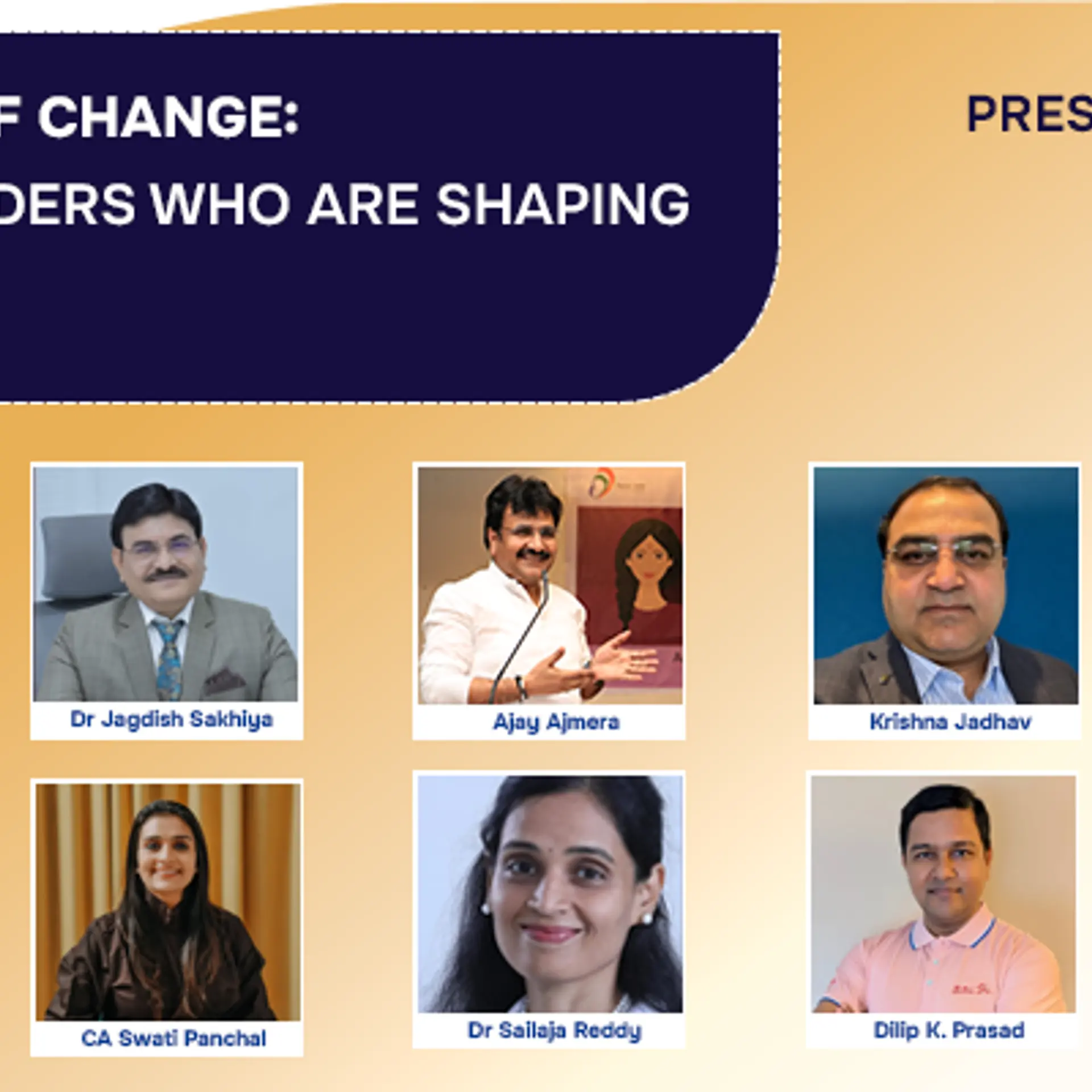Learnings from building Snapdeal, ‘Indicorns’, and work culture: top lessons from Kunal Bahl
Kunal Bahl, Co-founder of Titan Capital and Snapdeal, imparted valuable advice on creating value in startups and why Mamaearth’s journey will inspire generations to come, at TechSparks 2023, in Delhi.
In times of sustained failure, seeds of success are sowed, said Kunal Bahl, Co-founder of venture capital firm Titan Capital and ecommerce platform Snapdeal, speaking about the current challenging times in the startup ecosystem.
In a fireside chat with YourStory’s Founder and CEO, Shradha Sharma, at TechSparks 2023 in Delhi, Bahl said the funding winter and the other challenges looming in the startup ecosystem today are no cause for concern and, in fact, they present interesting opportunities, offering great respite to budding entrepreneurs.
Startups backed by Titan Capital—an early-stage venture capital firm—are not worried about the gloom and doom of the echo chamber we are living in but are instead focusing on building a strong product and creating value, he said.
Founders must keep aside uncontrollable elements and instead give more emphasis to what can be done to make the business better, Bahl advised.
“Bhagwaan ke ghar mein der hai, andher nahi,” he said, referring to the immense chaos being witnessed by startup founders, implying that God will not turn anybody down.
India has started celebrating bootstrapped businesses more than those businesses that keep raising money by diluting equity for a high cash-burn business, said the entrepreneur and investor.
Bahl also coined an informal term ‘Indicorns’, which refers to unicorn startups emerging from India.
“In my head, Indicorns are companies that have past the existential mortality stage and have scaled and been built for India,” Bahl added.
Mamaearth’s success
Bahl asserted that Honasa Consumer founders Varun Alagh and Ghazal Alagh, who took their company public in just seven years of starting up, will inspire entrepreneurs for generations to come.
Bahl and fellow Titan Capital and Snapdeal co-founder Rohit Bansal were among the early investors in Honasa Consumer, the parent company of beauty and personal care brand , and made a windfall during its recent public listing.

Kunal Bahl, Co-founder of Titan Capital and Snapdeal, in conversation with Shradha Sharma, Founder and CEO, YourStory, at TechSparks 2023 in Delhi.
“Credit to Varun and Ghazal for what they have created,” Bahl noted.
“In seven years from zero sales, zero idea, zero business, just a couple with an intention to build a business for their children so that they can enjoy toxin-free personal care, to a publicly listed company that is worth whatever it is. More than the valuation and the wealth creation, it is the dream that they have created for an entire generation of entrepreneurs ... that even we can do,” he elaborated.
The startup journey
Bahl said successful moments like winning an award or getting featured in the press are not the defining moments of running a startup; they lie in the journey in between successful moments.
Alluding to classical music composer Mozart’s words, Bahl said, “Mozart said music is not in the notes but is in the silence in between them. At some level, that is the journey of a startup too."
“Valuation creation of a startup happens between two such events—two awards you got or two press mentions you got.”
He also said the journey is not easy and founders should surround themselves with the right people.
“The analogy with music is very similar. It is in the silence, and silence can be deafening in its own way,” Bahl noted.
“Silence can be disconcerting. It can cause anxiety, insecurity, and a lot of pressure. But the way to get around it is not that complicated. You surround yourself with colleagues, investors, well-wishers or family who inspire and encourage you in your low moments. You will find a way out of such situations,” he advised.
Building Snapdeal
Building successful businesses require three main qualities—sharp focus, strong unit economics, and conducive organisational culture.
“New partnerships, events, and product launches are often celebrated as an indication of success. But it shows dilution of focus, only wanting to achieve the next big thing. Meanwhile, there are founders who solve the problem statement deeper."
Snapdeal, Bahl said, was built at a time when the market for ecommerce did not exist.
"We learnt a lot of things in the process. Not everything is a mistake–some are circumstantial. Profit serves as the primary motive of building a business. Once achieved, one can pivot towards a broader purpose,” he said, on unit economics.
Reiterating the importance of good organisational culture, he said, "Culture is nothing but transparent communication. When the times are tough, the team stands shoulder to shoulder with you if you have a good culture."
Edited by Megha Reddy








